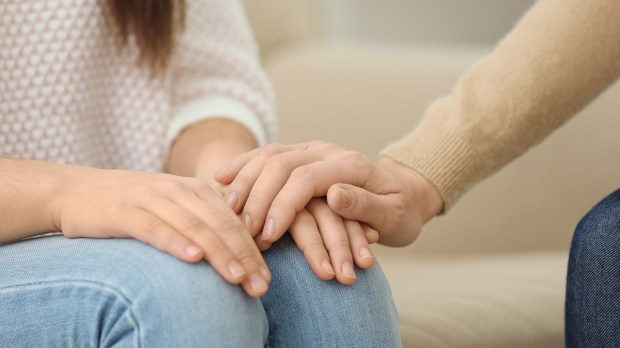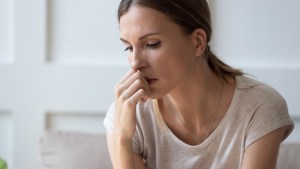A new study conducted by the anti-abortion Charlotte Lozier Institute is examining the opinions and experiences of women who have had abortions. The study, which was peer reviewed, surveyed some 1,000 women aged 41-45, and was released just weeks before the June 24 anniversary of the Supreme Court’s decision to overturn Roe v. Wade.
When women with a history of abortion were asked if abortion was consistent with their values or preferences, 70% said it was not. Furthermore, a quarter of respondents who underwent the procedure (25%) described their abortions as “unwanted or coerced.” Broken down, 33% said they wanted their abortion, 43% felt inconsistent about their abortions, 14% said their abortions were unwanted, and 10% said they felt coerced.
The majority of women who had abortions said they felt there were no other options at the time. They cited a lack of financial or social support as the reason why they went through with it. The authors of the study wrote that “60% would have preferred to give birth if they had received either more emotional support or had more financial security.”
Overall, one in four women who took the survey reported a history of abortion, which is consistent with the national average. The study’s authors noted that the participation rate in the Lozier study was almost three-times higher than that of the “‘Turnaway Study’ conducted by an abortion advocacy group, which purported to find almost universal satisfaction with the decision to abort, despite also finding high levels of regret, sadness, guilt, and anger.”
It was also found that women who reported wanting their abortion were the only group who reported any mental health benefits or a net gain in positive emotions from their abortions. Every other group reported more negative emotions and a decline in mental health after their abortions. The authors recommended more social support, from both individuals and society, in terms of financial assistance for those women who are at greatest risk of unwanted abortions. This, they suggest, would allow them “to make choices more in line with their own personal values and preferences.”



